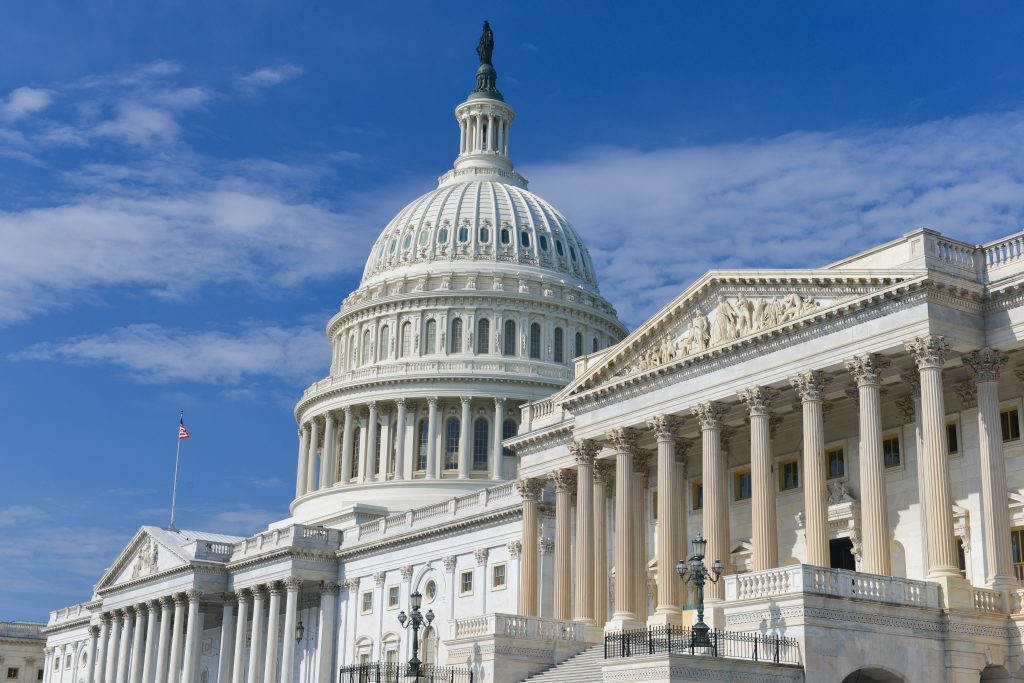Good news from Africa: The government of Zambia, in the midst of a food crisis, has altered its anti-GM (genetically modified) food policy, allowing millions of starving Zambians access to food aid. Zambian president Levy Mwanawasa has finally ordered agricultural officials to allow GM corn into the country, greatly expanding the amount of food that will reach his country’s under-nourished population.
Mwanawasa’s decision represents a remarkable turn from his previous condemnation of GM foods (he labeled them “poison” and “intrinsically dangerous”). Mwanawasa didn’t exactly come up with this “scientific” opinion himself — some green thumbs helped him grow it. In 2002 The Washington Times reported that then-U.S. foreign aid chief Andrew Natsios “criticized environmental groups as ‘revolting and despicable’ for urging starving nations such as Zambia to reject American corn because of genetic alteration.” The same article reports that American officials specifically identified Greenpeace and Friends of the Earth among those activist groups.
As a result of activists’ pressure, when millions of his people faced famine in 2002, Mwanawasa spurned offers of donated GM food, leading to food riots. Former Zambian agriculture minister Guy Scott condemned “the various international NGOs that have spoken approvingly of the [Zambian] government’s action,” wondering how groups like Greenpeace and Friends of the Earth “will square the body count with their various consciences.“
With this reversal, the government of Zambia may be one step closer to recognizing what Americans have known for years: Biotech foods are perfectly safe to eat, and the activist campaigns against these foods are woefully wrong-headed. Then-U.S. Trade Representative Robert Zoellick (now second in command at the State Department) argued in 2003 that it is “immoral that people are not being able to be supplied food to live in Africa because people have invented dangers about biotechnology.“




